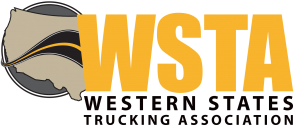WSTA Comments on repealing California’s waiver to enforce GHG standards on cars and trucks
/in Governmental Affairs and CommunicationsFiled on our behalf by the Texas Public Policy Foundation (10/26/18)
WSTA Petition to EPA on California Waiver Requirements
/in Governmental Affairs and Communicationsfiled on our behalf by the Texas Public Policy Foundation (07/19/17)
Office Information
Hours
Monday – Friday 9am – 4pm (PST)
Phone
(909) 982-9898
Fax
(909) 985-2348
Corporate Office
334 N. Euclid Avenue
Upland, CA 91786-6031
Monday – Friday 9am – 4pm (PST)
Phone
(909) 982-9898
Fax
(909) 985-2348
Corporate Office
334 N. Euclid Avenue
Upland, CA 91786-6031



